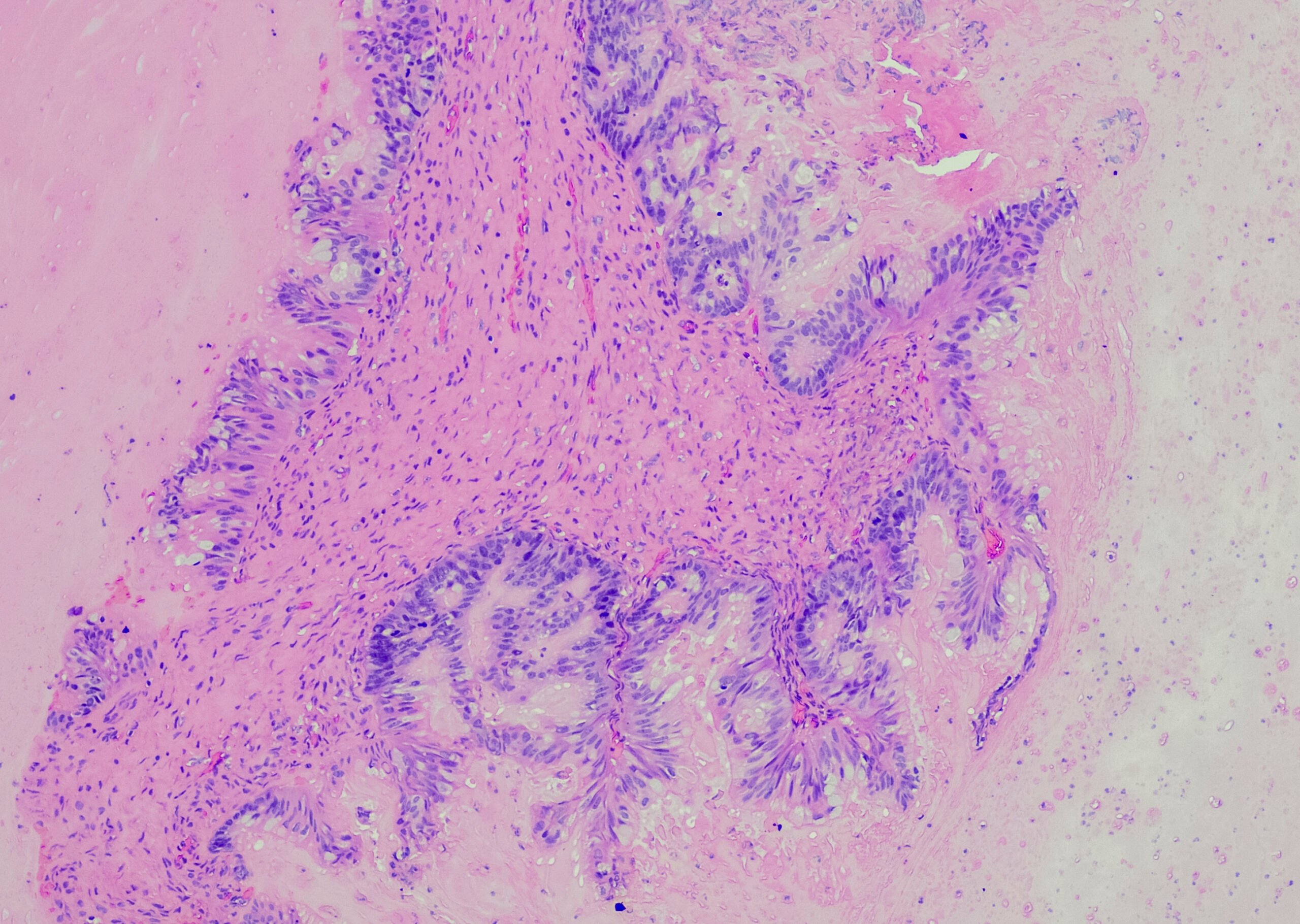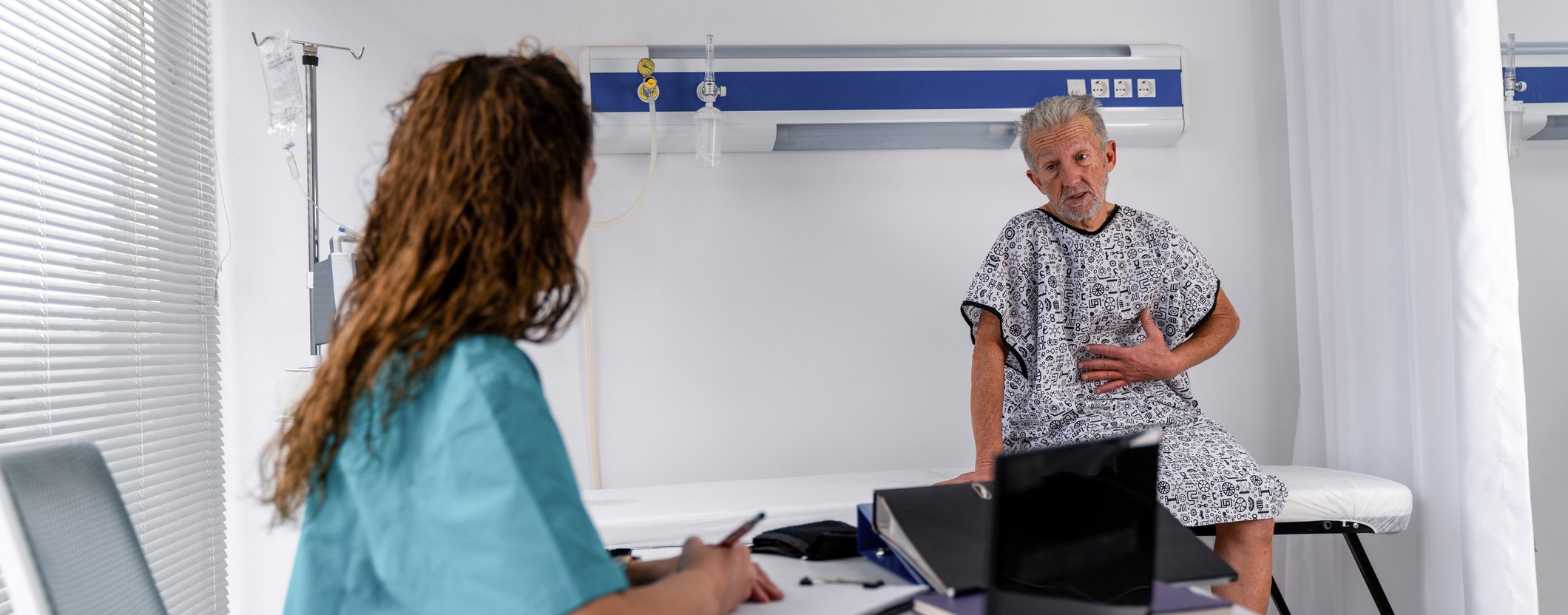At the ASH Congress in San Francisco, a study showed that HIV patients with relapsed or refractory lymphoma do not need to be treated differently than patients without HIV with regard to stem cell transplantation. In the future, this could (and should, according to the study leaders) lead to a situation in which not only HIV-specialized centers can offer this form of therapy. In the future, HIV infection alone should no longer be a reason not to include lymphoma patients in transplantation studies.
HIV infection increases the risk for non-Hodgkin’s (NHL) and Hodgkin’s (HL) lymphomas. Previously, patients with HIV-associated lymphoma (HAL) had significantly worse outcomes and increased treatment-associated mortality and morbidity compared with uninfected lymphoma patients – about 30 years ago, the prognosis of HIV-infected patients averaged just two months. Today, thanks to highly active antiretroviral therapy (HAART), this is no longer the case: HAL patients and patients without HIV infection can in principle receive the same lymphoma treatment.
However, what remained unclear until now was the role of autologous stem cell transplantation in HIV-infected patients. A study presented at the 2014 ASH Congress provided fundamental new insights in this regard that may well change clinical practice in this population.
BEAM regime before transplantation
Included were 43 patients, all older than 15 years, with chemotherapy-sensitive, refractory or relapsed NHL or HL and treatable HIV-1 infection. Three of the participants already showed progression before starting therapy and were therefore excluded. Forty patients underwent transplantation on day 0, preceded by the high-dose BEAM regimen. This includes carmustine 300 mg/m2 (6 days prior), etoposide 100 mg/m2 2×/d (5-2 days prior), cytarabine 100 mg/m2 (5-2 days prior), and melphalan 140 mg/m2 (1 day prior). HAART was suspended during the preparatory regimen and then until therapy-associated gastrointestinal toxicities such as nausea and vomiting had resolved. The primary endpoint of the study was 1-year overall survival. Secondary endpoints included response, transplant-related mortality, progression-free survival (PFS), and infection-related complications.
The median age of the patients was 46.9 years. The vast majority of them were men. Before transplantation, 75% were in complete remission, 20% were in partial remission, and 5% had recurrence or disease progression. a progression. The following lymphoma subtypes occurred:
- diffuse large B-cell lymphoma (40%)
- HL (37.5%)
- Burkitt resp. Burkitt-like lymphoma (17.5%)
- plasmoblastic lymphoma (5%).
All 40 patients were able to complete the BEAM regimen and undergo stem cell transplantation.
Survival rate at 86.6
The 1-year overall survival rate was 86.6% (95%CI 70.8-94.2%). Furthermore, one year after transplantation, no progression had occurred in 82.3% (PFS). A total of five patients had died during the period: three due to recurrence or persistence of the condition, one due to organ failure (cardiac arrest), and one due to invasive infection. The cumulative transplant-associated mortality was 5.2%.
At 100 days after transplantation, 39 patients could be evaluated for response. One patient had died prematurely at this time. It was found that 92.3% were in complete remission and 2.6% were in partial remission. In 5.1%, the disease was recurrent.
How tolerable is the transplantation?
Within the study year, 13 patients experienced grade 3 and two patients experienced grade 4 toxicities (mucositis and a mixture of dyspnea, hypoxia, cardiac arrhythmias, and hypotension). Infections developed in 42.5%, nine of which were severe cases. 75% of evaluable patients showed recovery of hematologic function after one year.
The authors conclude that HAL patients with refractory or relapsed disease benefit strongly from stem cell transplantation, making the therapy option a new standard of care for this population as of now. The usual eligibility criteria apply, so one does not have to treat HAL patients differently than patients without HIV infection.
Since the 1990s, according to the authors, virtually only clinics specializing in HIV have performed such transplants in the HAL cohort, and HIV-infected patients are also rarely enrolled in corresponding studies. However, he said, it is now clear that the application should be relaxed and that clinics without specific HIV expertise should also consider this treatment option. Excluding patients from transplantation trials solely on the basis of HIV infection is no longer justified, he said, thus removing another barrier for HIV patients. The experts came to this conclusion because 151 matched patients without HIV infection showed comparable data (transplant-associated mortality was not higher in the HIV collective, for example).
Source: 56th ASH Annual Meeting, December 6-9, 2014, San Francisco.
InFo ONCOLOGY & HEMATOLOGY 2015; 3(2): 24-25.
CONGRESS SPECIAL 2015; 6(1): 7-8











